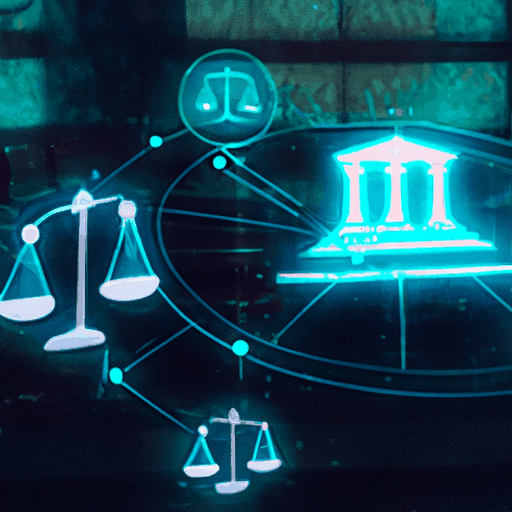
Understanding Legal Liability of DAOs Under Partnership Laws
By: Isha Das
The recent ruling by the US District Court for the Northern District of California has profound implications for decentralized autonomous organizations (DAOs), their members, and the broader blockchain community. The court has concluded that DAOs can be liable under general partnership laws, which traditionally apply to business organizations where two or more parties collaborate for profit. This decision was highlighted in the lawsuit involving Lido DAO.
DAOs, which operate without centralized management and facilitate decision-making via smart contracts, might now face legal risks akin to traditional partnerships. The ruling is significant because it doesn’t require a formal agreement for a partnership to be recognized; rather, the operation as a collaborative unit for profit suffices.
The named entities in such lawsuits could include institutional investors who hold significant stakes in DAOs, as was the case with investors like Paradigm and Andreessen Horowitz in the Lido DAO lawsuit. Members could be jointly liable for the actions of the DAO, as the association is viewed like a partnership with shared responsibilities. This paves the way for potential financial and legal ramifications for participants in DAOs.
Furthermore, this legal interpretation raises the need for DAOs to consider formalizing their structures for greater legal protection. Possible legislative measures such as the Decentralized Unincorporated Non-profit Association Act (DUNA) could offer a framework to shield members from unintended liabilities. Blockchain stakeholders are encouraged to stay informed on these developments as they represent a shift in how decentralized entities might interact with legal frameworks traditionally applied to centralized organizations.



